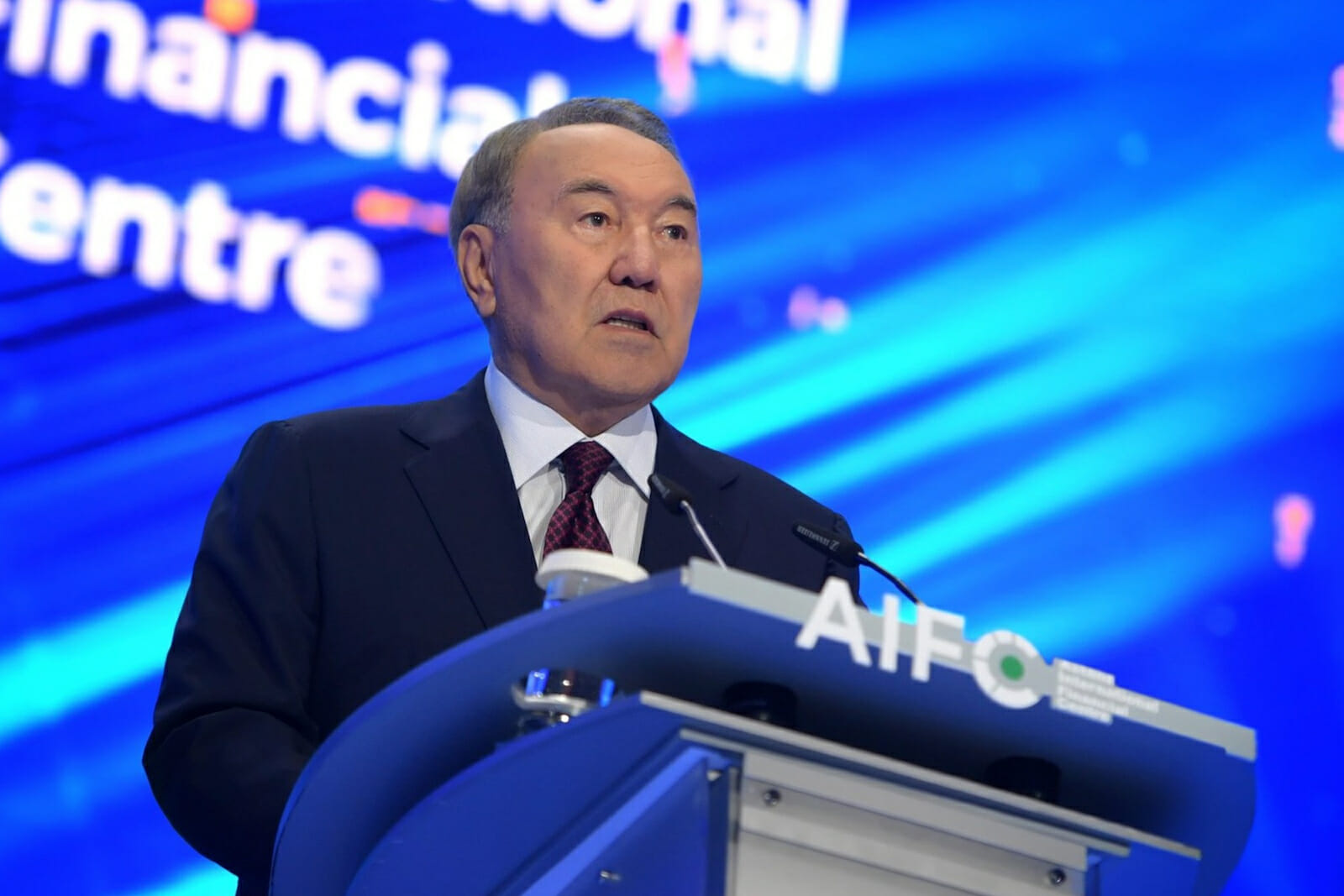
Kazakhstan’s Foreign Policy: Building Peace as a Legacy
The Kazakh government hosted a gathering of the Group of Eminent Persons (GEM) and the Youth Group of the Comprehensive Nuclear-Test-Ban Treaty (CTBT) in late August 2018, during which Astana declared its intention to ratify the Treaty on the Prohibition of Nuclear Weapons (TPNW). Even though Kazakhstan does not possess nuclear weapons, this, mostly symbolic, initiative highlights the Kazakh government’s intention to promote regional (and global, in the case of nuclear weapons) peace. While Astana has not been particularly successful in this endeavor, nowadays good intentions still count.
Recent Initiatives
In recent years the Kazakh government has carried out a number of diplomatic initiatives to promote peaceful resolutions to conflicts.
The major examples include:
In mid-August 2018, a meeting was held in Aqtau. Kazakhstan, which brought together the presidents of the five nations that border the Caspian Sea: Azerbaijan, Iran, Kazakhstan, Russia, and Turkmenistan. A 24-article agreement was signed which apparently signals the end of a dispute of how this body of water will be divided among the five governments.
Kazakhstan is a non-permanent member of the United Nation Security Council for 2017-2018, the first Central Asian state to achieve this membership. The country also held the UNSC’s rotating presidency in January 2018.
During the aforementioned hosting of the GEM and CTBT meetings, Kazakh Foreign Affairs Minister Kairat Abdrakhmanov declared: “we call on states to declare their support for the Treaty on the Prohibition of Nuclear Weapons. Kazakhstan signed the TPNW on March 2, 2018, and is currently preparing for its ratification.”
In 2013, Kazakhstan hosted peace talks on Iran’s nuclear program, and in 2017, the country hosted peace talks to complement the Geneva process regarding the Syrian conflict.
Kazakh President Nursultan Nazarbayev has supported Eurasian integration, which culminated in the creation of the Eurasian Economic Union. The Kazakh regime has also supported the idea of establishing a Central Asian Union.
The Kazakh government is educating Afghan medical students so that they can return to their homeland and contribute to its development.
Finally, it is worth noting that Astana has attempted to become a mediator in the Ukrainian conflict, though Belarus was not pleased about this as it already hosts the Minsk Process.
In declarations made on October 2017, Yerzhan Ashikbayev, Kazakhstan’s deputy foreign minister, summarized his government’s attitude towards mediation. The official stated that “we really believe in the power of dialogue…If countries, if conflicting parties feel better here, in the windy climate of Astana, they are welcome to come…If Kazakhstan can be of any practical assistance to achieving this noble goal, we are ready.”
Why Peace?
What is Kazakhstan’s interest in peace-building and conflict mediation? One obvious reason is that a peaceful region benefits Kazakhstan. The Central Asian state is located in a particularly unstable area with security threats emanating out of Afghanistan, it is also close to Iran and is sandwiched between China and Russia. Promoting a military solution to the several disputes in Astana’s greater neighborhood (i.e. control of the Caspian Sea) will likely be counter-productive; hence it makes sense to promote peaceful initiatives. This would also help Astana’s reputation and international status grow, which has already helped the country obtain UNSC membership.
Another reason has also to do with improving the country’s image due to domestic issues. Kazakhstan has been governed by President Nursultan Nazarbayev since achieving independence from the Soviet Union in the early 1990s; the country’s elections are regularly condemned by the international community for their lack of transparency and democracy. After almost three decades in power, it is expected that President Nazarbayev, age 78, may leave power soon and he will likely want to leave behind a legacy of peace-building that can make up for his extended time in power and accusations of human rights abuses in his country.
The Kazakh regime’s motivations notwithstanding, the ultimate question is whether these pro-peace initiatives have been successful. Tragically the conflict in Afghanistan and Syria continues and the future of Ukraine rests in Moscow; moreover, there is little interest by nuclear powers to give up their weapons of mass destruction (at the time of this writing, it is pointless to be optimistic about North Korea’s program).
With that said, there are reasons to be tentatively hopeful that the dispute over the Caspian Sea may be resolved – this would be a big step forward towards regional integration and cooperation, though, depending on how the final settlement is written, extra-regional powers like the U.S. may be the big losers. Similarly, the new regime in Tashkent is opening up to the rest of Central Asia and the world: an Astana-Tashkent alliance of sorts would be the cornerstone towards greater integration among the five Central Asian states.
Final Thoughts
A pillar of Kazakh foreign policy is promoting peace across Central Asia and even in more distant conflict areas. While its record and motivations are questionable, Astana’s ultimate objective is commendable.
The views expressed in this article are those of the author alone and do not necessarily reflect those of any institutions with which the author is associated.

